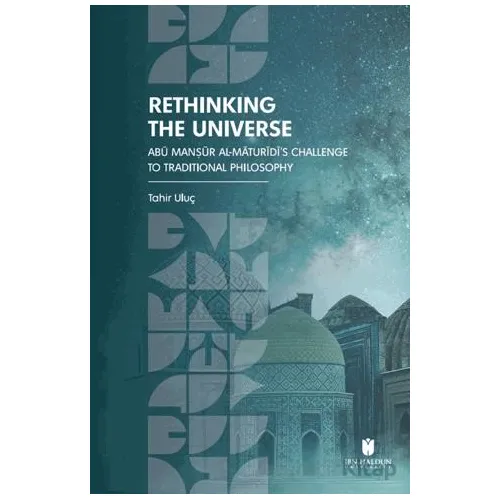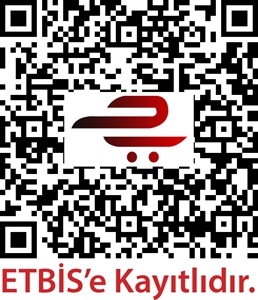Rethinking the Universe: Abu Man?ur Al-Maturidi’s Challenge To Traditional Philosophy
Hiç mesaj bulunmadı
| Taksit | Tutar | Toplam |
|---|---|---|
| Tek Çekim | 294.10 TL | 294.10 TL |
| 2 Taksit | 147.05 TL | 294.10 TL |
| 3 Taksit | 101.95 TL | 305.86 TL |
| 4 Taksit | 77.20 TL | 308.81 TL |
| 5 Taksit | 62.35 TL | 311.75 TL |
| 6 Taksit | 52.45 TL | 314.69 TL |
| Ödeme Türü | Toplam Tutar |
|---|---|
| Diğer Kredi Kartları | 294.10 TL |
| Havale / Eft | 294.10 TL |
| Posta Çeki | 294.10 TL |
| Kapıda Ödeme | 309.10 TL |
Kapıda ödemeli siparişlerde +15,00TL kapıda ödeme hizmet bedeli ilave edilir. | |
- Vade farksız taksitler KOYU renkte gösterilmektedir.
- X+X şeklinde belritilen taksitler (Örneğin: 2+3) 2 taksit olarak işleme alınmakta ancak ilgili bankanın kampanyası dahilinde 2 taksit üzerinden işlem yapıldığı halde 2+3 yani 5 taksit olarak kartınıza ve ödemenize yansımaktadır. (2 taksit seçilmiş olsa bile banka kampanyası dahilinde ekstradan vade farkı eklenmeden işlem 5 taksite bölünmektedir.)
Rethinking the Universe: Abu Man?ur Al-Maturidi’s Challenge To Traditional Philosophy
Tahir Uluç’s study offers a fresh perspective on Abu Man?ur al-Maturidi, shedding light on his engagement with the origins of the universe and his contributions to debates that have often been eclipsed by the works of later figures like al-Ghazali.
This book highlights Maturidi’s thoughtful critiques of philosophical doctrines, including atheistic pre-eternalism, Aristotelian hylomorphism, and Neoplatonic emanationist cosmologies. Uluç carefully examines these critiques within the framework of Maturidi’s theistic and creationist worldview, showing how he addressed and challenged established philosophical concepts of his time.
By situating Maturidi’s contributions in the broader context of Islamic intellectual history, Uluç not only emphasizes the significance of his ideas but also encourages a reevaluation of his place in the tradition. This study provides an insightful resource for those interested in the intersection of Islamic theology and philosophy, particularly in debates on creation and the nature of existence.











